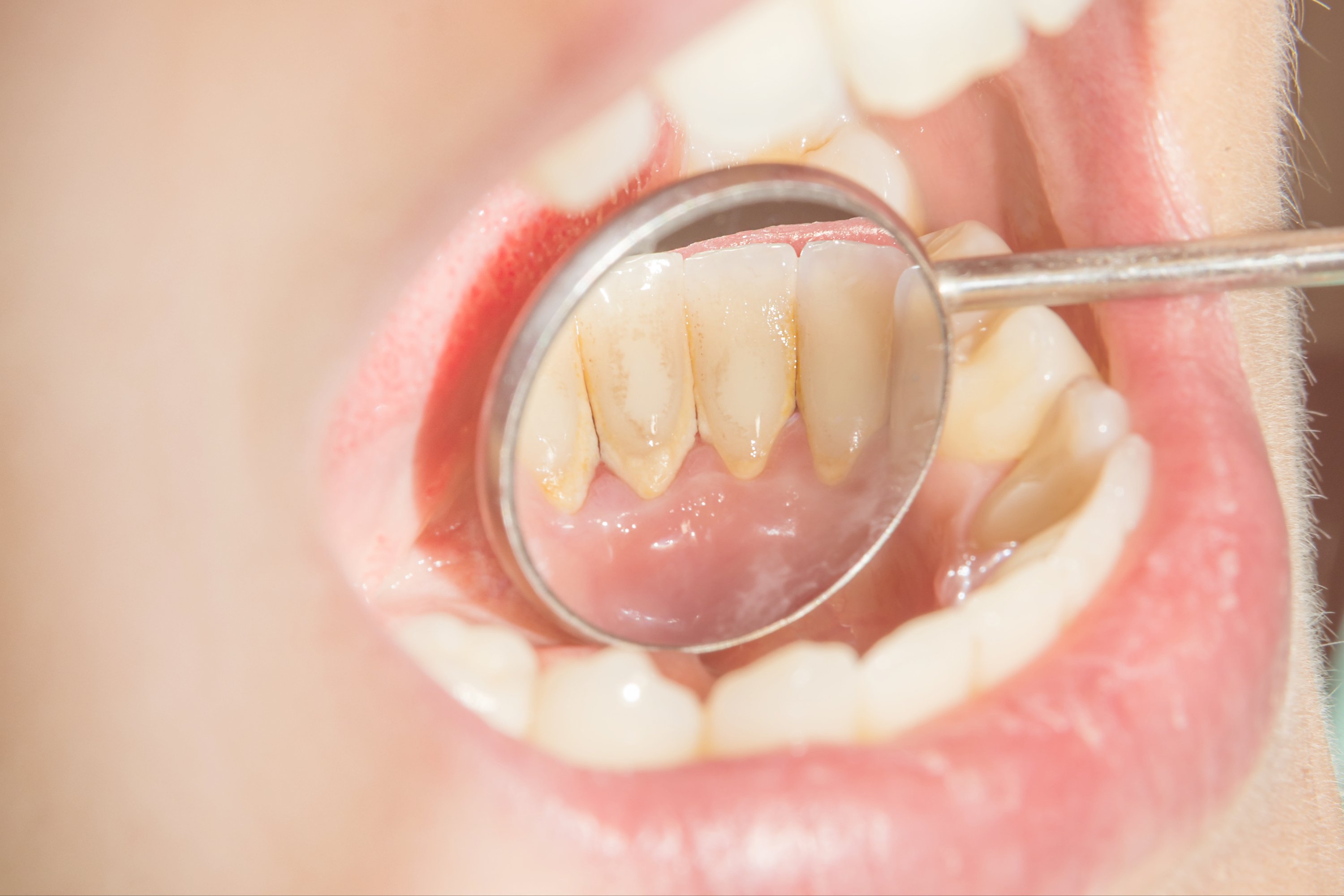If you’re wondering why your teeth ended up cracked and broken, probably because you’ve been caught up with your dental care. Our teeth need constant care in order to prevent and fight any dental problems, such as dental plaque build-up. Dental plaques are sticky and colorless form of bacteria and usually are the primary factor of a dental problem outbreak, including cavities and tooth decay.
Based on dental care experts’ directory, dental plaques are caused by poor oral care. The teeth’s surface feels fuzzy – that when you run off your tongue, you’d feel its outer area rough and untidy. This implies your teeth are already packed with bacteria and food debris and that it needs immediate brushing and flossing.

Dental plaques flourish if you lack dental care practices. Its offspring usually stem from unhealthy lifestyle and bad food choices. More often than not, dental plaques develop when you eat food that are rich in sugars and starches. Therefore, those who are exposed with carbohydrates are susceptible to dental plaque build-up. This is the reason why professional dentists always suggest foods and beverages that are teeth-friendly. Not those filled with carbs and acids. You need to slow down your intake on milk, soft drinks and even cakes or pastries. These food types allow bacteria to thrive and live in the mouth. This could lead to enamel erosion over time. Once your tooth enamel is jeopardized and dental plaques start to develop in its roots and gums, you may experience tooth decay and gum disease. This affects not just your teeth but the bones supporting it.
Gum disease is the most unlikeable effect of dental plaques. Its mild form called gingivitis can give your gums a very hard time because the it can cause gums to tender and get swollen. When left untreated, this could result in intense gum bleeding and periodontitis – the most severe stage of gum disease. Gum tissues start to pull away from teeth which later on, affects the supporting bones under your teeth due to high levels of bacteria.
The great news is dental plaques are easier to deal with in its earlier phase – just like other dental problems. Always consider brushing your teeth and tongue twice a day and floss your teeth at least once per day. Find and make use of a toothbrush that has soft bristles. Soft-bristled toothbrushes are enough to remove the food particles and bacteria without damaging your teeth and causing gums to bleed. Moreover, you may utilize antibacterial mouthwash to rinse off plaque-causing bacteria. Finally, see to it that you visit your personal dental specialist. Your dentist will conduct a checkup and dental cleaning for your teeth to ensure no bacteria or any unwanted particles are left in your oral health.
Regular dental checkups allow your dentist to spot early signs of dental problems, like cavities and periodontal disease. And while you’re at your dental care practices, make sure exercise full healthy lifestyle that includes balanced diet. Always choose meals that are nutritious to your teeth, such as fruits and raw veggies.
You can ask for more ideas through your dentist. This way, you’d learn how important it is to avoid dental plaques.